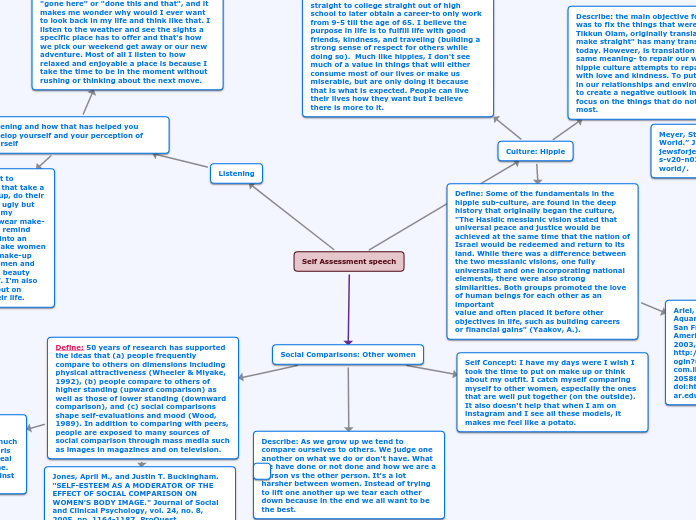von sarapheena Presson Vor 6 Jahren
228
assessment speech
Embracing natural beauty and rejecting societal pressures, the speaker reflects on personal growth through listening and self-awareness. They recognize that constant comparisons with others can lead to negative self-perceptions but find solace in the affirmations from their partner.









